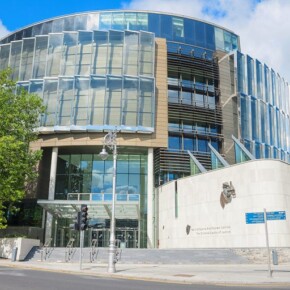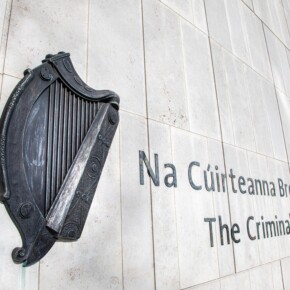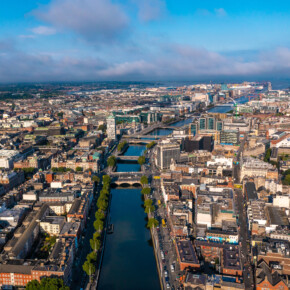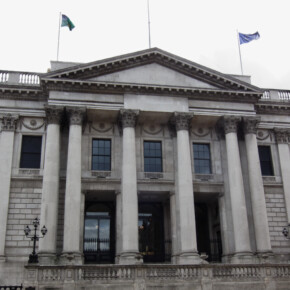Remembering Emmet’s rebellion
Dublin People 25 Jul 2015ON July 23 1803, the United Irishmen, led by Robert Emmet, launched a second uprising against British rule in Ireland.
The fighting took place largely in Dublin and although the rebels executed Britain’s Lord Chief Justice in Ireland, the uprising failed to spark the national rebellion that had been planned.
As a result, the Rising of 1803 has long been written off as little more than a skirmish.
The reality, however, is that the rebellion was carefully planned and meticulously prepared.
Dr Ruan O’Donnell, the pre-eminent expert on Robert Emmet and the United Irishmen, has argued that
“Neither Emmet nor his leading associates should be judged on the basis of the clashes of July 23 1803. The fighting was, nonetheless, intense and deadly, marking one of the few occasions when Irish insurgents combated regular soldiers on the streets of the national capital.
“Although long misrepresented as a free-ranging outburst by a leaderless and drunken rabble, there is compelling evidence pointing to a high degree of localised deliberation and determination
?¦ That the United Irishmen were capable of achieving even temporary ascendancy in a time of war with France and in a city garrisoned by 4,000 troops warrants greater consideration than hitherto existed.
?
To be understood in its proper context, the uprising of 1803 must be viewed not as an isolated incident but as a continuation of the mass republican insurrection of 1798.
During that rebellion, Robert Emmet was a captain in the United Irishmen. In the aftermath of the uprising, Emmet became central to the reorganisation of the revolutionary movement.
By 1802, Emmet had become one of the most prominent members of the United Irishmen in the country and was determined to launch an insurrection to overthrow British rule.
Emmet was supported by key figures such as Jemmy Hope, Thomas Russell and Miles Byrne, all veteran leaders of the 1798 Rebellion, with extensive contacts throughout the country. Importantly, Emmet was also in contact with the legendary Michael Dwyer, who at this time was continuing a guerrilla campaign in the Wicklow Mountains.
The United Irishmen began the mass production of weapons, including explosives and a
‘foldable pike’ that could be concealed by a long coat.
These munitions were stockpiled in safe houses and
‘dumps’ across Dublin.
Tactically sound plans for the uprising were drawn up, that envisioned Emmet’s forces seizing key strategic locations in Dublin, including Dublin Castle the symbolic seat of British rule in Ireland, which would act as the signal for the rest of the country to rise.
Interestingly, these plans would be implemented by a later generation of Irish revolutionaries.
Whereas the plans of the United Irishmen had been betrayed by informers in 1798, Emmet had built a much tighter organisation, that had perfected the revolutionary art of secrecy and the British were unaware that a rebellion was being prepared.
Disaster struck, however, when an explosion ripped through one of Emmet’s main weapons dumps on July 16 1803, alerting the authorities to the United Irishmen’s activities and forcing Emmet to move the date of the uprising forward to July 23, or risk losing the opportunity to strike.
Although ending in military failure, Emmet’s rebellion successfully highlighted the continuing injustice of British rule in Ireland, on the world stage.
In the aftermath of the rising, Robert Emmet was captured and later executed on September 20 1803 at Thomas Street in Dublin.
His defiant last words –
“When my country takes her place among the nations of the earth, then and not till then, let my epitaph be written
? – inspired generations of Irish rebels, particularly the women and men of Easter Week 1916.











